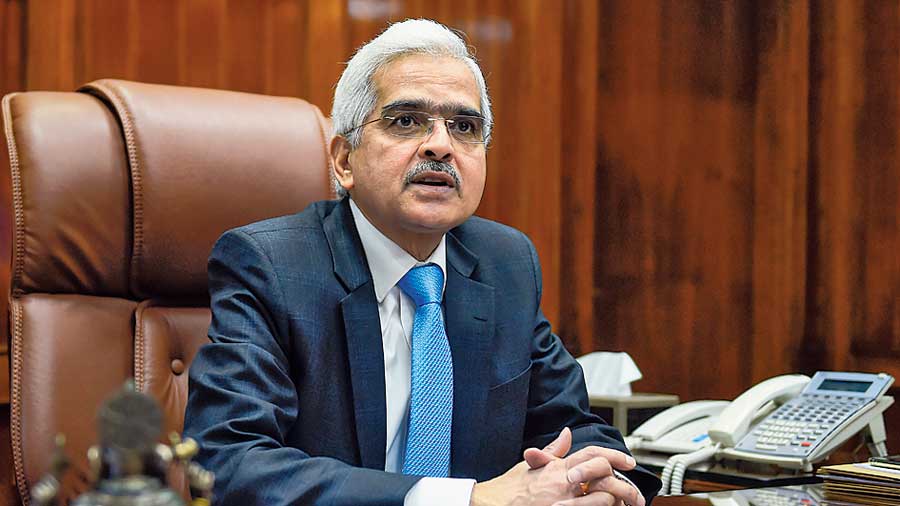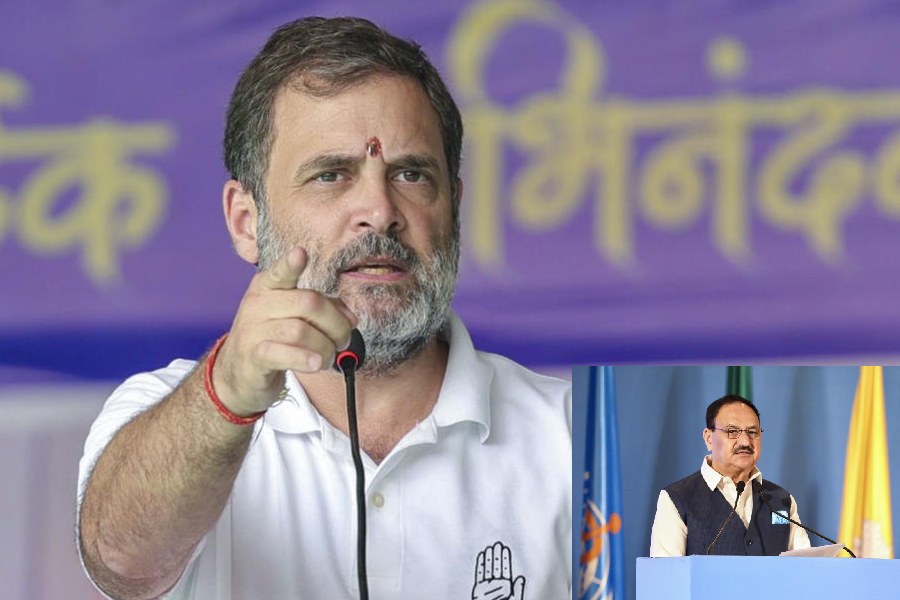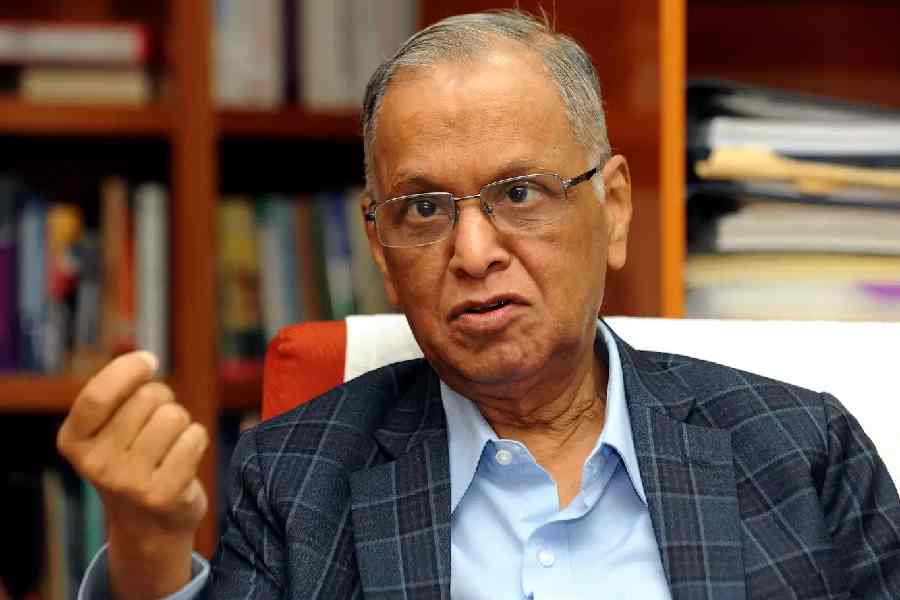RBI Governor Shaktikanta Das on Wednesday said economic recovery is still not well entrenched and that the central bank is "battle ready" to take appropriate measures to support growth.
Addressing a virtual conference organised by industry body Ficci, Das said that Gross Domestic Product (GDP) data released by the government was a "reflection of the ravages of the Covid-19".
The economy contracted 23.9 per cent during the April-June quarter on account of the strict lockdown imposed by the government towards end of March to check the spread of coronavirus infections.
"Nevertheless, high frequency indicators of agricultural activity, the purchasing managers' index that is PMI for manufacturing and certain private estimates on unemployment point to some stabilisation of economic activity in the second quarter of the current year, while of course contractions in several other sectors are also simultaneously easing," he said.
However, Das said that the economic recovery was not yet fully entrenched and also that the recovery is likely to be gradual.
"The recovery is, however, not yet fully entrenched and moreover, in some sectors, the uptick, which was noticed in June and July they appear to have levelled off. By all indications the recovery is likely to be gradual as efforts towards the reopening of the economy are confronted with rising infections," he said.
At the same time, Das assured the industry that the RBI stands "battle ready" and whatever measures are required will be taken to support liquidity, growth and control price rise.
According to him, the immediate policy response to Covid-19 in the country has been to prioritise the stabilisation of the economy and support quick recovery policies for durable and sustainable high growth in the medium term post the coronavirus.
The Governor also said financial market conditions in India have eased significantly across segments in response to the front-loaded cuts in the policy repo rate and large system-wide as well as targeted infusion of liquidity by the central bank.
"We are also very carefully monitoring the markets. As and when required further measures will be taken. I even said it earlier during my statements that the RBI stands fully prepared... I had used the terminology that the RBI stands battle ready and whatever measures are required will be taken up by the RBI," he said.
Despite substantial increase in the borrowing programme of the government, Das said that persistently large surplus liquidity conditions have ensured non-disruptive mobilisation of resources at the lowest borrowing costs in a decade.
Currently, government paper borrowing rates are the lowest in the last 10 years, he added.
Moreover, Das said that benign financing conditions and the substantial narrowing of spreads have spurred a record issuance of corporate bonds of close to Rs 3.2 lakh crore during 2020-21 up to August.
Noting that fragility of NBFCs is a concern, Das said the RBI is regularly monitoring the health of top 100 NBFCs and it would be the endeavour of the central bank that no large institution should fail.
Prior to the IL&FS crisis, Das said there were light touch regulations for the NBFC sector and the RBI is now trying to bring the regulations at par with banks so that there is no repeat of failure.
Regarding loan restructuring scheme, the RBI chief said he would look into the suggestions of the industry.
Interests of depositors and financial stability were kept in mind while framing the loan restructuring scheme, he said, adding that it had to be careful and a balanced decision on the part of the RBI.
"The primary concern of any banking system should be the protection of the depositors' interests because ultimately it is the depositors' money.
"... so, on the one hand we had to keep in mind the interest of the depositors, the need to maintain financial stability, the stability of the banking sector as we don't want a repeat of the situation which India experienced a few years ago where the NPA levels of banks had gone up very steeply," he said.
On the other hand, Das said, "we are also equally mindful of the fact that Covid-19 has substantially affected a large number of businesses and particularly businesses that have availed loans from the banks. Therefore, they also needed some relief".
The emphasis of resolution plan is to enable companies facing cash problem due to Covid-19 crisis to come back to normalcy and resume their activities, he noted.
"So both the sides had to be matched. In fact, the revival of businesses would also ensure that the NPA levels are kept low and it will also ensure a quicker economic recovery," he said.
Describing the New Education Policy 2020 (NEP) as a historic and much needed new age reform, he said it has the potential to leverage India's favourable demographics by prioritising human capital and that the goal to increase public investment in the education sector to 6 per cent of GDP must be pursued vigorously.
It is important to recognise that investment in education pays by raising average wages, he said, adding that higher education also contributes to economic development through greater sensitivity to environment/ climate change, energy use, civic participation and healthy lifestyle.
"While laudable crisis time response to scale up health infrastructure has helped in dealing with the health emergency, a more comprehensive approach similar to NEP for the health sector may be warranted, which must also cover deeper penetration of insurance, given the high burden of out of pocket expenses in India, and also preventive care," he said.
Noting that India's participation in Global Value Chains (GVCs) has been lower than many emerging and developing economies, he said there is need to tap this potential segment for bolstering global trade and growth.
A sharp policy focus on other GVC intensive "network products", including equipment for IT hardware, electrical appliances, electronics and telecommunications, and automobiles would also provide the cutting edge to India's export strategy with considerable scope for higher value additions, he added.
Terming tourism as an engine of growth, the RBI Governor said although the sector is severely impacted by Covid-19, this is a sector where pent up demand could drive a V shaped recovery when the situation normalises.
He also said the Covid-19 has brought the importance of food security and food distribution or supply chain network to the forefront of public policy debate in India.











